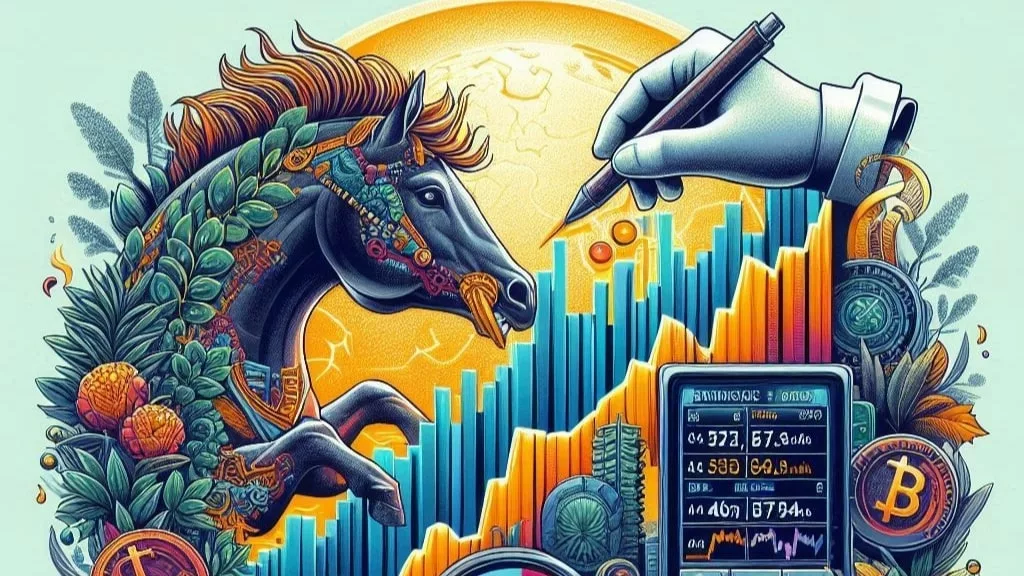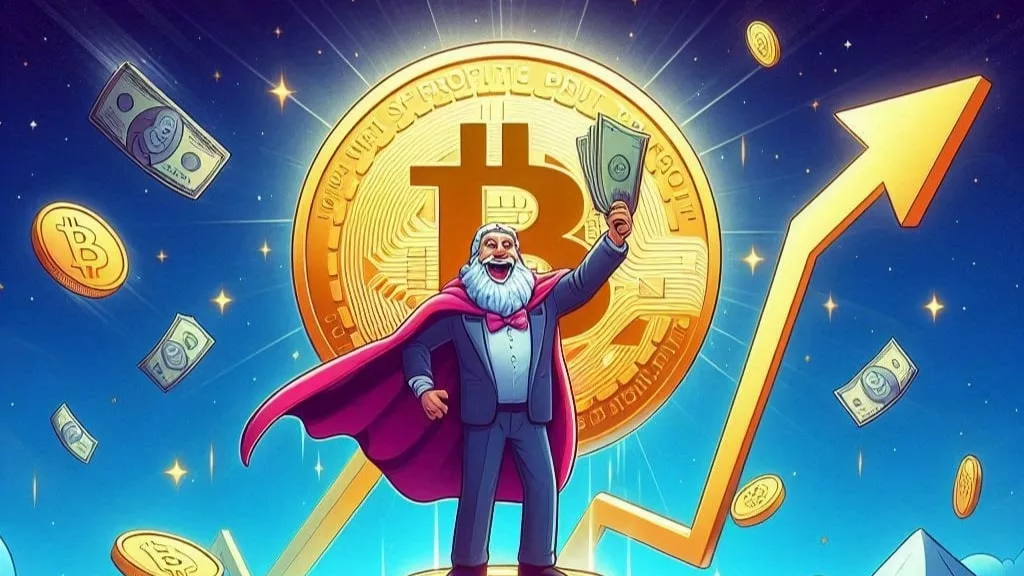
The classification of XRP has been a subject of intense debate and regulatory scrutiny. Recent developments, such as its listing alongside traditional currencies on platforms like Valutakalkulator, highlight both its growing integration into financial ecosystems and the persistent legal challenges it faces.
XRP, created by Ripple Labs, was designed with a specific utility in mind: facilitating fast and cost-effective cross-border payments. Unlike Bitcoin and Ethereum, which operate on decentralized networks and emphasize mining and smart contracts, respectively, XRP operates on a consensus ledger managed by Ripple. This distinction has contributed to differing interpretations of its regulatory status.
The pivotal question surrounding XRP revolves around whether it should be classified as a security under U.S. law. The U.S. Securities and Exchange Commission (SEC) alleges that Ripple Labs conducted an unregistered securities offering by selling XRP tokens to investors. This claim forms the basis of a high-profile legal battle that has spanned several years.
According to securities laws, an asset qualifies as a security if it meets the Howey Test criteria, which include investment of money in a common enterprise with the expectation of profits solely from the efforts of others. The SEC argues that XRP fits this definition due to its issuance by Ripple Labs and the company’s ongoing efforts to promote and develop its use cases.
Ripple Labs has vehemently disputed the SEC’s allegations, arguing that XRP should be classified as a currency rather than a security. The company contends that XRP serves a functional purpose within its payment network, RippleNet, and does not represent an investment contract. Ripple’s defense strategy includes highlighting XRP’s utility in facilitating international transactions efficiently and cost-effectively.
The legal battle has seen significant developments, including a federal judge’s ruling that XRP itself is not a security, contrasting with the SEC’s stance. This ruling provided a temporary reprieve for Ripple Labs and the broader XRP community, emphasizing the complexities and nuances in determining the regulatory status of cryptocurrencies.
The recent listing of XRP on Valutakalkulator, a Norwegian currency converter platform, as a currency alongside traditional fiat currencies like the USD and EUR, has sparked renewed discussions. This acknowledgment by a financial tool used for currency conversion underscores a growing acceptance of XRP’s utility as a medium of exchange.
Valutakalkulator’s decision reflects a broader trend where cryptocurrencies are being integrated into global financial infrastructure, despite regulatory uncertainties. While platforms like Bitcoin and Ethereum are generally viewed as commodities or assets, XRP’s unique use case as a bridge currency in cross-border payments presents a compelling case for its classification as a currency.
Outside the United States, regulatory perspectives on XRP vary. In the United Kingdom, for instance, the Financial Conduct Authority (FCA) has classified XRP as a utility token rather than a security, recognizing its utility within Ripple’s payment ecosystem. Similarly, the European Corporate Governance Institute referenced the U.S. court’s ruling in acknowledging XRP as distinct from traditional securities.
However, achieving global regulatory consensus remains elusive. Countries like Japan and Switzerland have adopted more favorable regulatory frameworks for cryptocurrencies, fostering innovation while imposing stringent compliance measures to mitigate risks such as money laundering and terrorist financing.
The regulatory uncertainty surrounding XRP has had tangible effects on investor sentiment and market dynamics. Price volatility, common in the cryptocurrency space, has been amplified by regulatory announcements and legal developments concerning XRP’s status.
Investors and market participants closely monitor regulatory decisions and legal outcomes, as they have the potential to significantly impact XRP’s market liquidity, trading volumes, and valuation. Clear regulatory guidance is crucial for market stability and investor confidence in cryptocurrencies like XRP.
Looking ahead, the future of XRP hinges on navigating complex regulatory landscapes and achieving clarity on its classification. Ripple Labs continues to engage with regulators, seeking to establish XRP’s status as a currency and promoting its use cases in global payments and financial services.
Industry stakeholders, including financial institutions and payment providers partnering with Ripple, closely follow regulatory developments to assess compliance requirements and market opportunities associated with XRP. The outcome of ongoing legal proceedings, including potential settlements or appeals, will shape XRP’s regulatory trajectory and market integration.
In conclusion, the classification of XRP as a currency or security represents a pivotal juncture in the evolution of cryptocurrencies and their regulatory frameworks. While Valutakalkulator’s recognition of XRP as a currency underscores its utility and market acceptance, regulatory challenges persist, requiring collaboration between industry participants and policymakers.
Achieving regulatory clarity is essential for fostering innovation, protecting investors, and enabling the sustainable growth of cryptocurrencies within global financial systems. As stakeholders navigate these challenges, the future of XRP and its role in transforming cross-border payments will be shaped by regulatory developments, market dynamics, and ongoing efforts to balance innovation with regulatory compliance.




Get the latest Crypto & Blockchain News in your inbox.